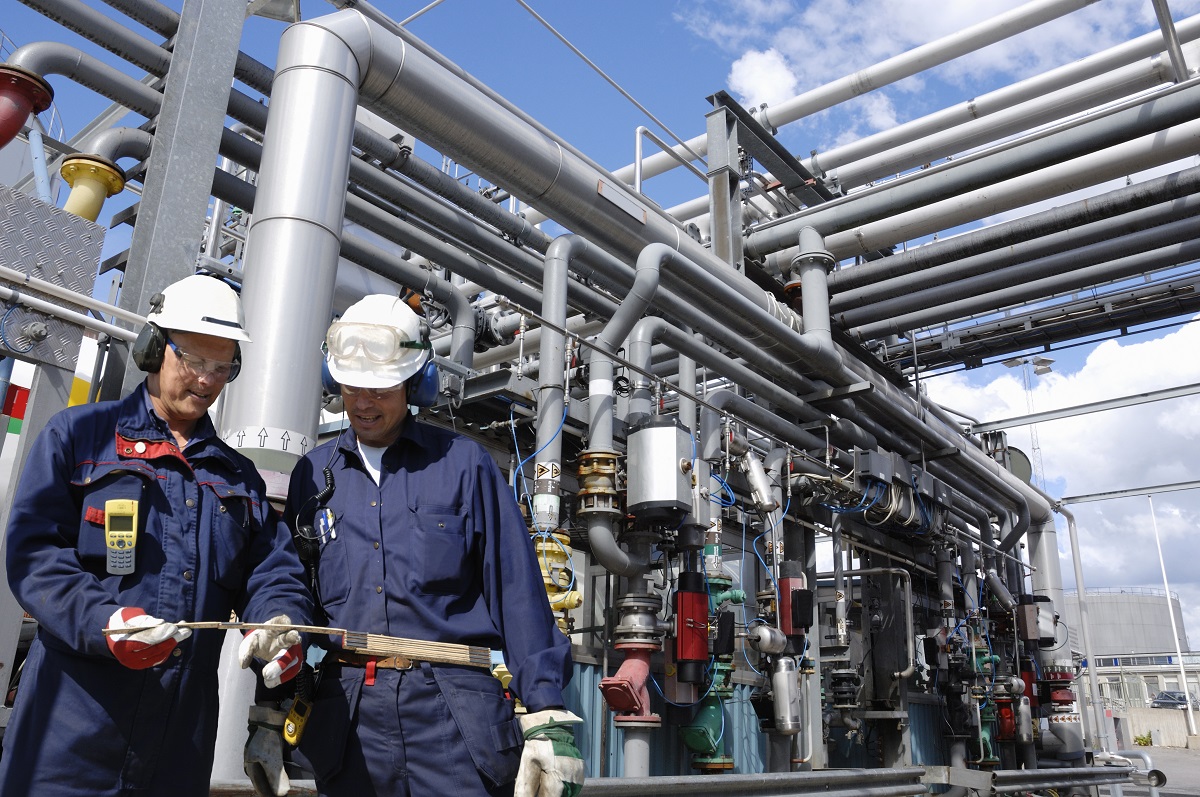Most companies in the industrial sector will almost always have a generator handy in case of power shortages. This allows them to keep their operations running even without electricity. Two types of generators in the market these days are natural gas and diesel. But the most commonly used between the two is the diesel type, mainly because it has a longer life expectancy.
Diesel generators last longer because of their components that are slower and simpler. So, unlike natural gas types, their mechanical parts do not rub with each other. However, diesel generators’ life expectancy will still depend on factors such as their size, if they’re properly maintained, their engine’s size, brand and quality, and environmental conditions.
The minimum life expectancy of diesel generators before they will need servicing can reach at least 15,000 hours and the maximum span is 50,000 hours. In terms of the number of years they may last, it depends on how many hours they are used per year. If used minimally, then they may last for more than 30 years but if they work more hours in a year, the lifespan will decrease.
Why the Size of the Generator Matters
It’s important that you determine your machine’s load size which dictates its capacity. When your diesel engine can run at high loads and you use up to 90% of its capacity, it can surely lengthen the lifespan of your generator. This is because the generator can get adequate combustion pressure so that it firmly keeps the piston rings in their place.
However, even if you are a huge aftermarket construction equipment parts business running a bigger generator, bigger doesn’t necessarily mean better. No matter how huge a generator is, when it’s overworked, it can always result in serious problems. The same way goes for underworked generators. Usually, diesel generators are designed to be used from 50% to 85% of their capacity.
When they’re used under 30%, your diesel generators will be at risk of wet stacking. It is when a seemingly black oil leaks out from exhaust joints due to the engine not reaching its minimum pressure or temperature. If wet stacking continues, it may lead to poor performance or overall engine failure.

How a Generator is Maintained Dictates Its Life Expectancy as Well
Every kind of machinery requires preventative maintenance and proper handling. Here are some mistakes to avoid when handling diesel generators:
Improper fuel use
The type of fuel that you use for your diesel generator matters. As their name suggests, they need diesel, so you shouldn’t even try filling it with gasoline. Aside from that, mind the fuel’s quality too. They’re only used often, so make sure that you at least maintain using high-quality fuel to prevent condensation and build-up in the fuel system if not used. Skip altogether using old fuel even if they came from high quality since they can also cause major problems too.
Not cleaning the filters
One of the most forgotten parts of a diesel generator is its filters. These filters are responsible for making the generator function efficiently in a way that it cleans the fuel that moves through the machine. Cleaning the filters is easy. All you need to do is find the filter, replace it with the right size, and switch them out. Changing the filter should be done a few times a year.
Letting it sit for too long
Don’t wait until a power shortage comes to turn your diesel generator on since leaving it sitting for long periods can do damage, particularly making the fuel gummy and stale. It’s wise that you switch it on regularly so that the fuel can flow through the engine much easier and will quickly start whenever needed. Preferably, turn your generator on every few months or so.
Not going through repairs
When you hear or see something that doesn’t feel right, have the generator repaired immediately. Waiting until those symptoms die is usually one of the most fatal errors that the owners make. Once you notice any potential signs of damage, take the engine to the experts to get those issues fixed before they get worse. Fortunately, having your generators repaired isn’t that costly. What’s costly is when you skimp on the repair when it only has minimal damages yet or trying to do the repairs on your own.
Not warming it before using
Never use your diesel generator without warming up. The warming up phase is crucial for the fuel to push through and decrease the risk of condensation build-up. Warming the engine up comes especially handy during cold days.
If you’re running a diesel generator, make sure to understand your engine better so it can last for more years.

